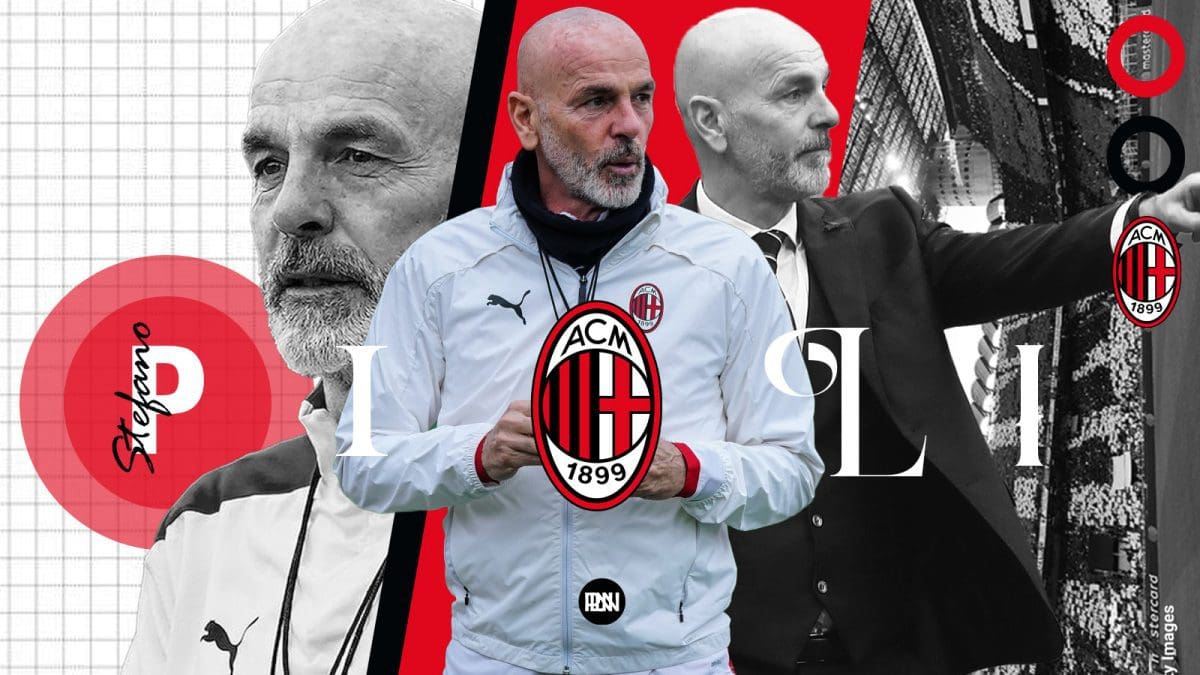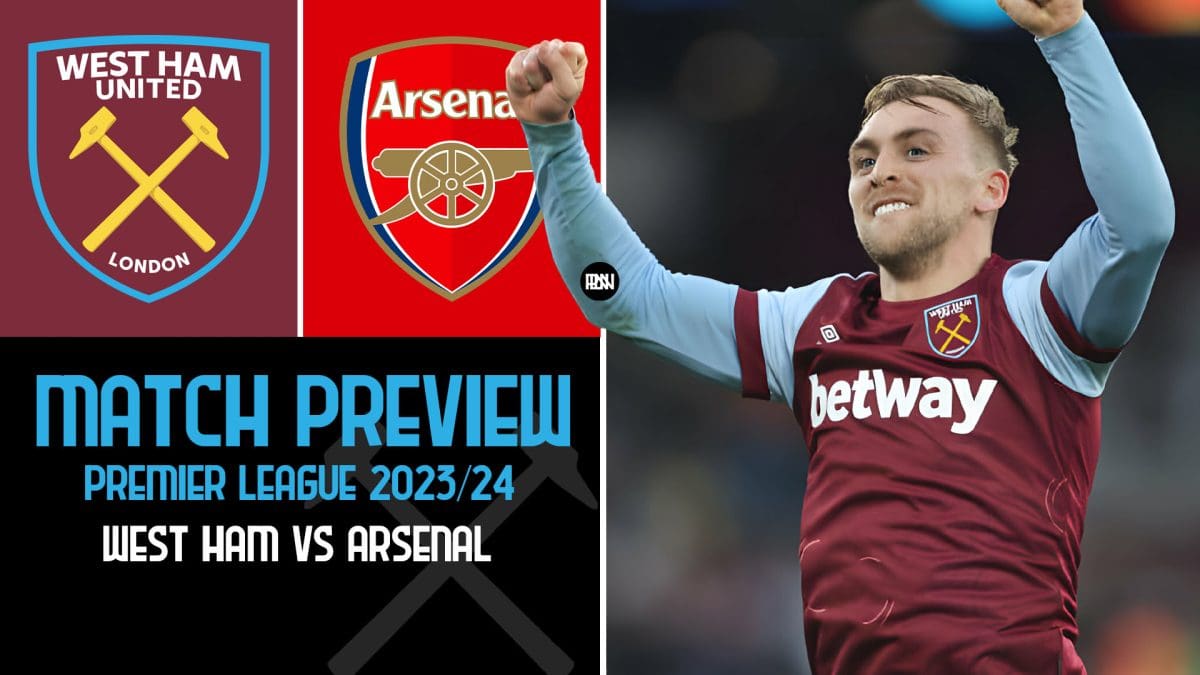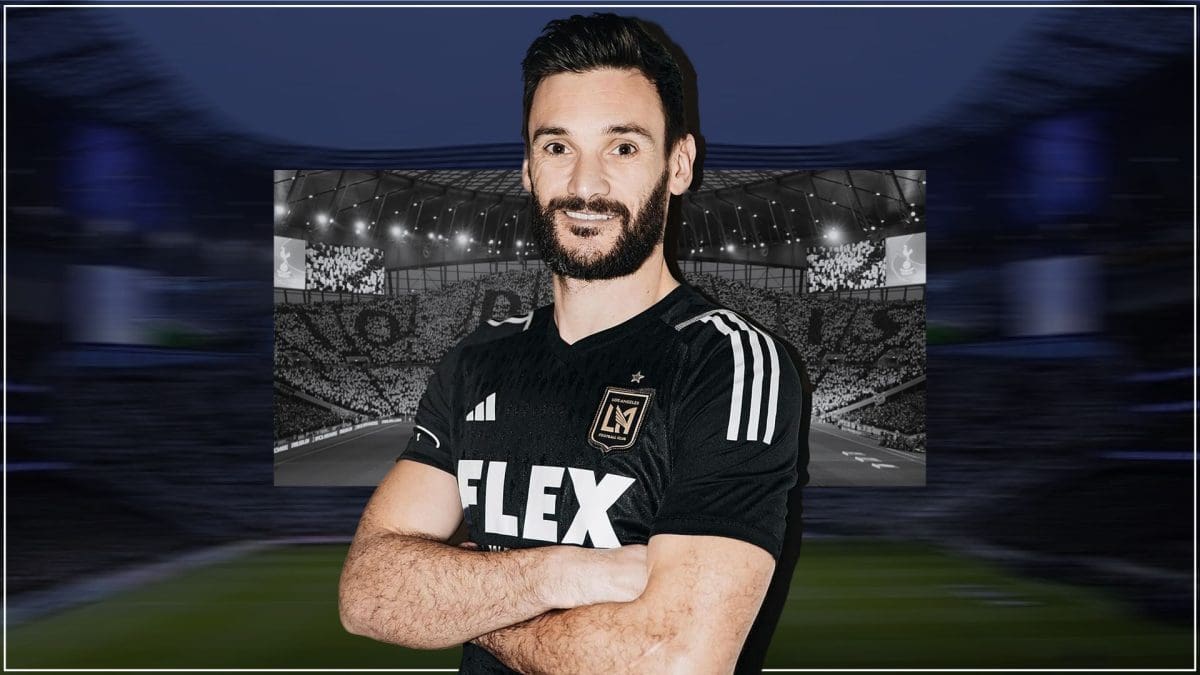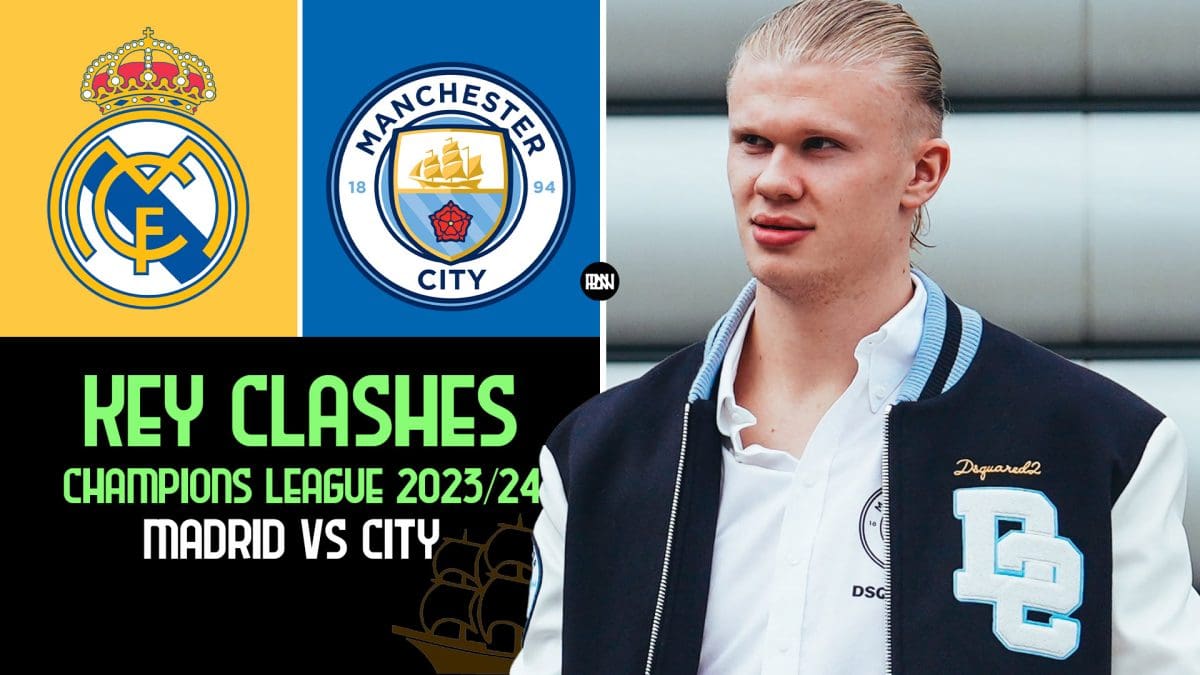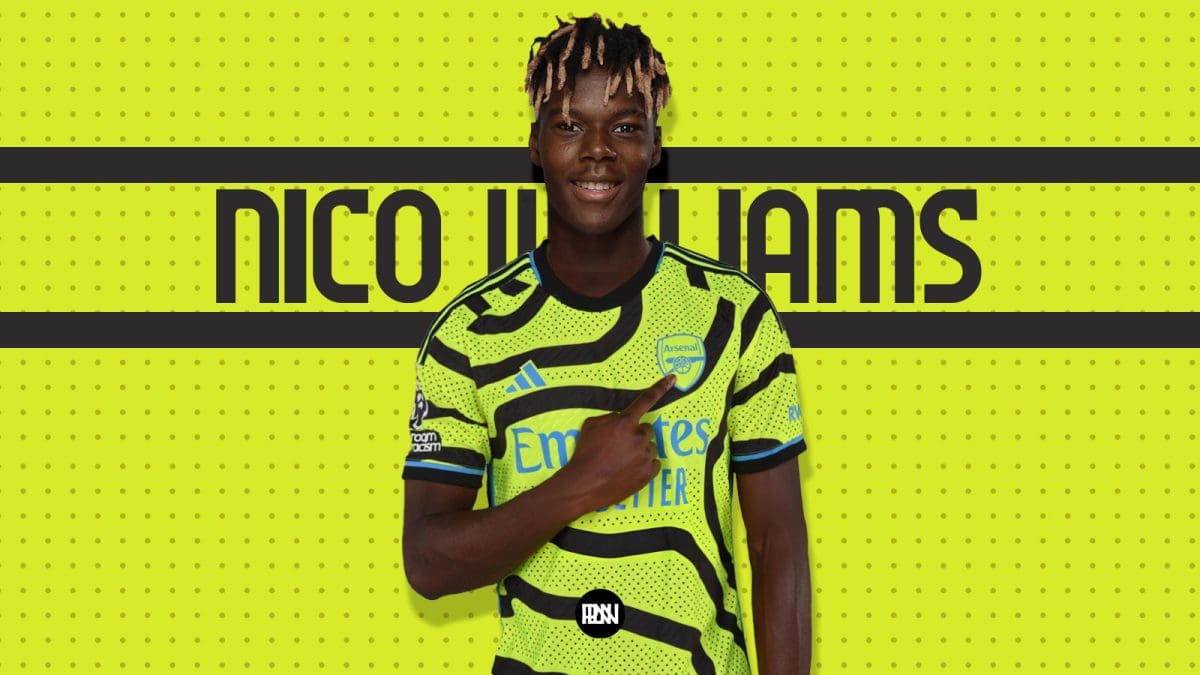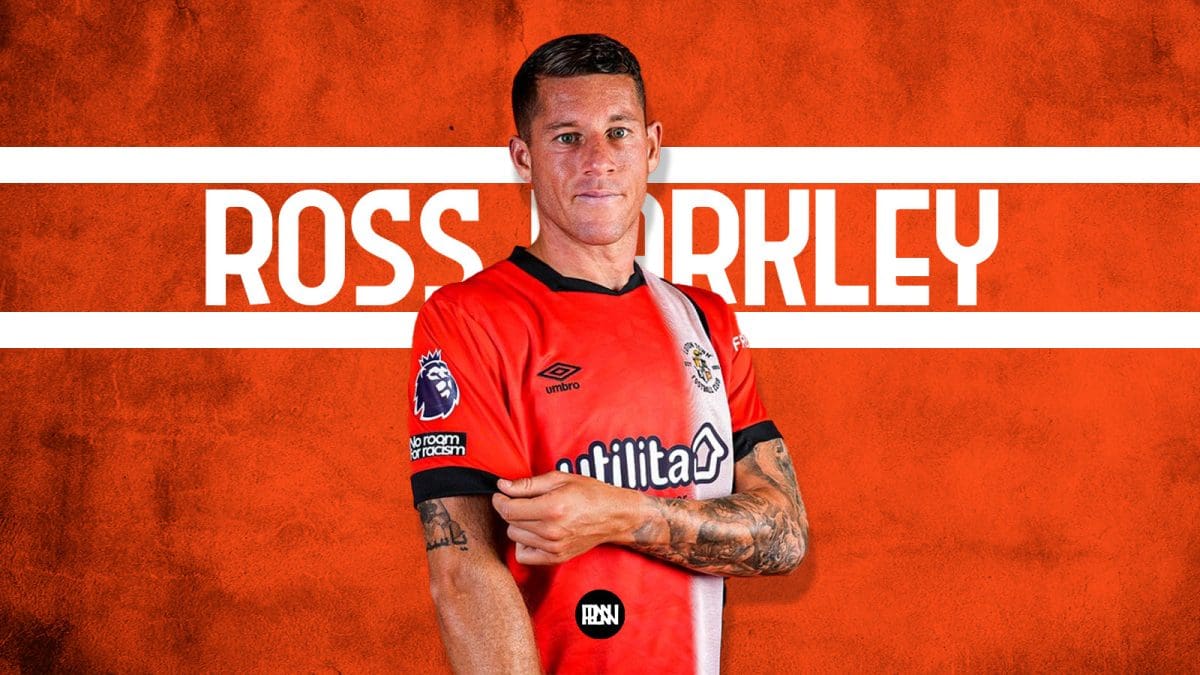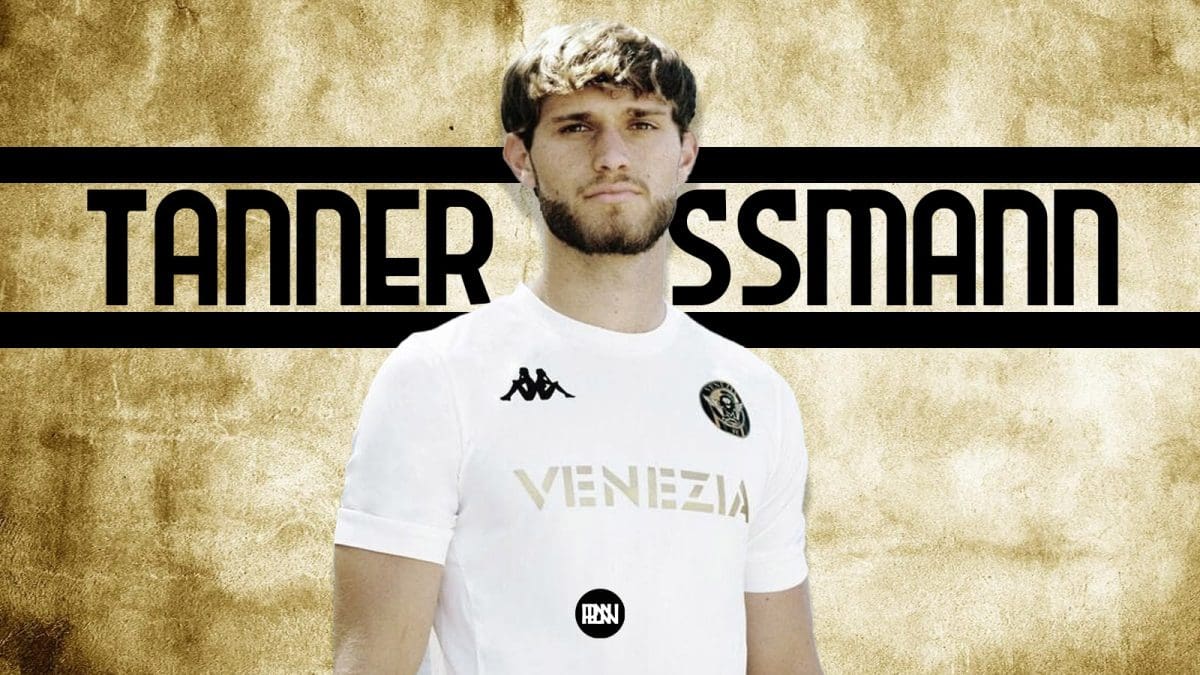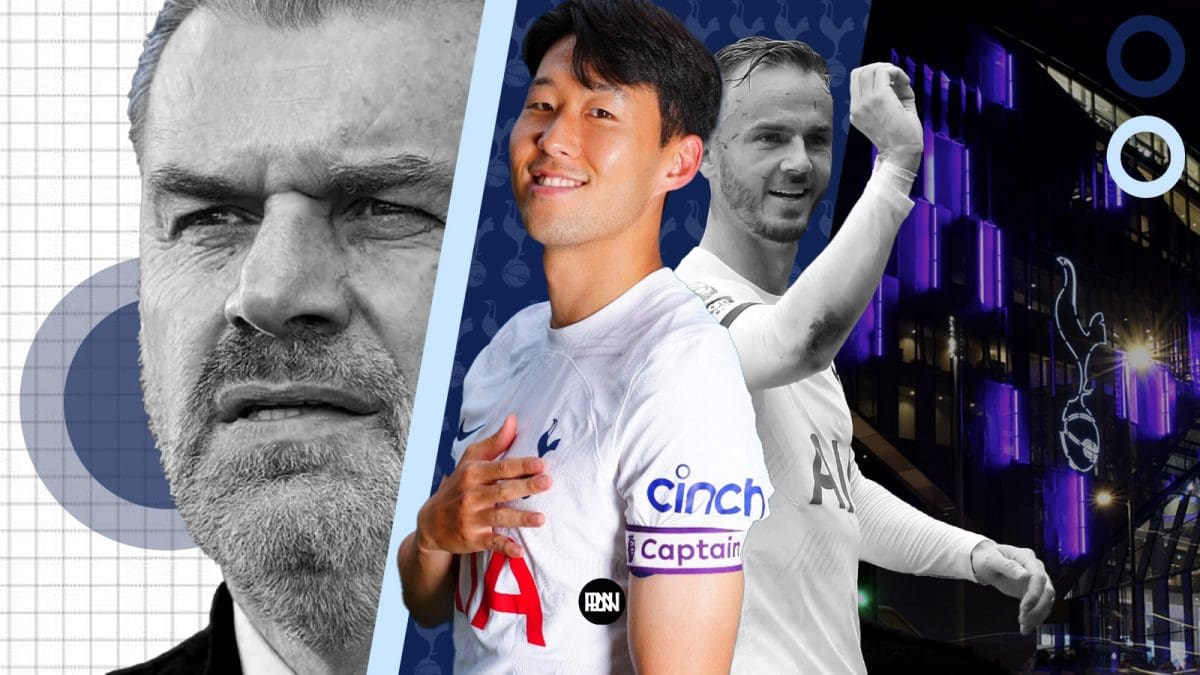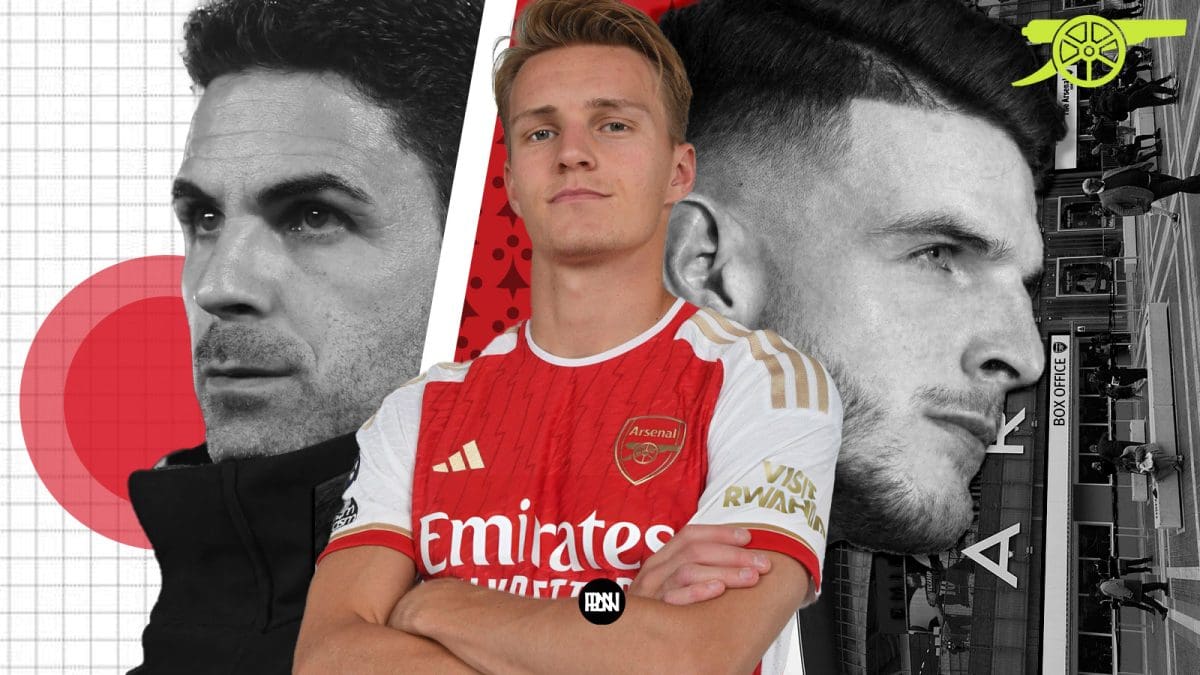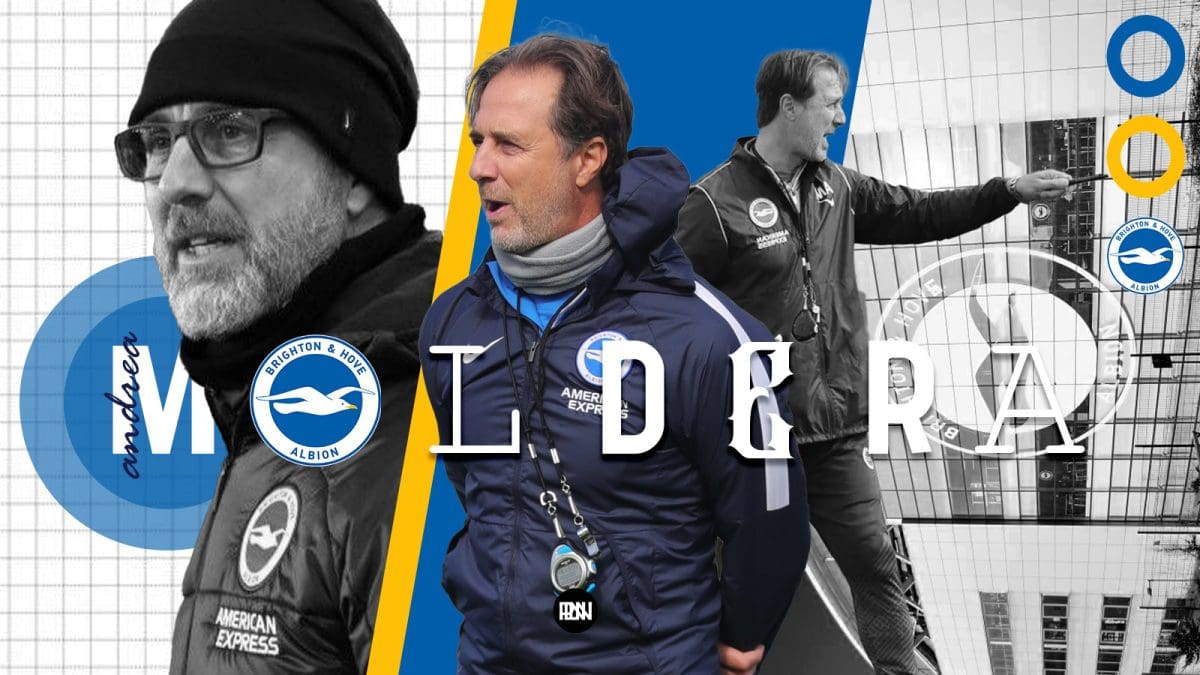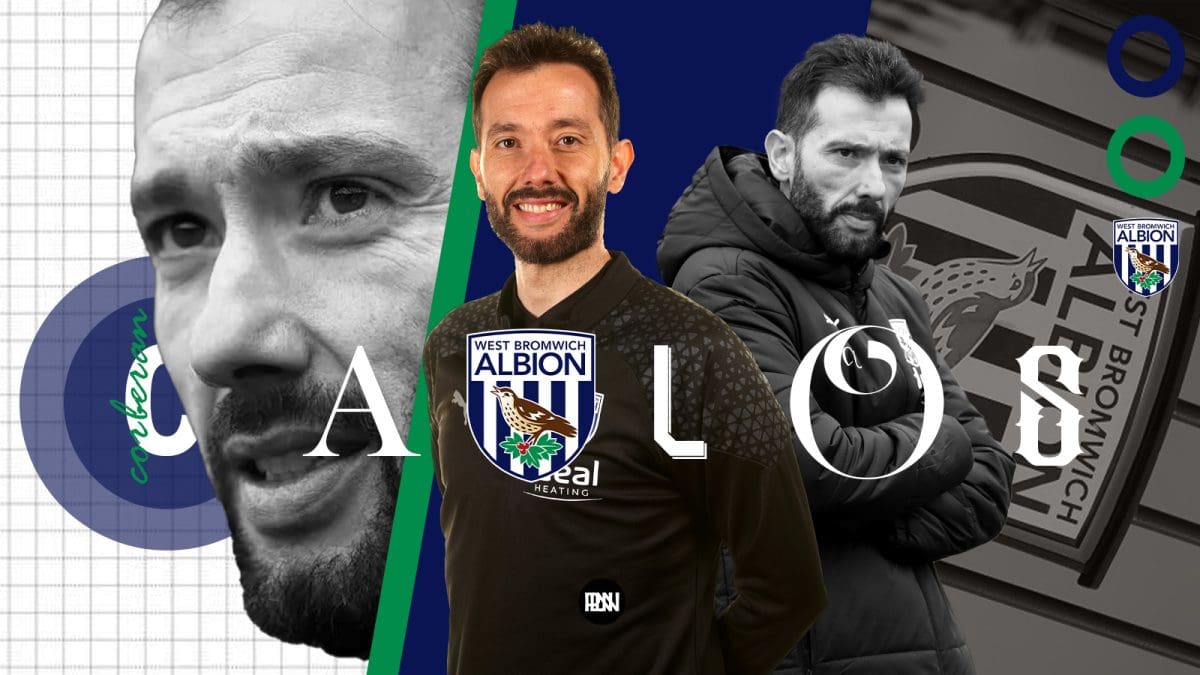Stefano Pioli, the current coach of AC Milan, has been making waves in the football world with his innovative coaching philosophy and tactical brilliance. With years of experience under his belt, Pioli has proven himself to be a mastermind when it comes to maximizing the potential of his players and creating a strong team mentality. In this article, we will look into Stefano Pioli coaching strategies, his approach to tactics, and his impact on the success of AC Milan.
Influences and Coaching Career
Pioli’s coaching career has been influenced by several prominent coaches, including Trapattoni, Bagnoli, and Ranieri. Each of these coaches left a lasting impact on his approach to work and passion for the game. Pioli values the constant pursuit of improvement and believes in learning from both players and coaches.
Motivation and instilling confidence in foreign players are important aspects of Pioli’s coaching philosophy. He understands the challenges that language barriers may present but believes that with some knowledge of English or French, communication can be overcome. Pioli also emphasizes the significance of training exercises that focus on recognizing numerical superiority and creating game-like situations.
The Philosophy of Stefano Pioli

Pioli’s coaching philosophy revolves around individual growth and development, as well as creating a cohesive team dynamic. He believes in empowering his players to take initiative and make intelligent plays on the field. Pioli places a strong emphasis on reading opponents’ movements, disrupting their play, and breaking defensive lines to create dangerous situations. His approach to coaching is proactive, with a focus on attacking depth and finding solutions against dense defences.
Exploiting Numerical Advantages
One of Pioli’s key strengths lies in his tactical acumen. He is known for his ability to analyze the game and exploit numerical advantages. Stefano Pioli strategically changes formations, organizes his team’s offense, and positions his attackers to maximize their effectiveness. He places great importance on the positioning and movement of his players, particularly the offensive wingers in his preferred 4-2-3-1 system.

In order to disrupt opponents’ play and create dangerous situations, Pioli emphasizes the need for immediate aggression and pressing when his team loses possession. He believes in maintaining a strong defensive line while also being proactive in disrupting the opponents’ gameplan. Pioli’s defensive strategy focuses on marking opponents closely, applying pressure on the ball carrier, and being aware of passing options and reference points.
The Role of Wingers
Stefano Pioli’s offensive strategies revolve around the role of wingers in his 4-2-3-1 system. He looks for wingers with one-on-one ability, speed, and the ability to attack depth. Pioli encourages his players to take initiative and not be afraid to attempt plays. He believes in creating a strong team mentality where players feel like protagonists on the field.


In terms of defensive strategy, Pioli prefers a low block with defenders close to the goalkeeper to provide better coverage and prevent goals. This approach allows the team to attack the ball forward instead of retreating towards their own goal. Pioli’s defensive phase has yielded positive results, with the team being more compact and effective in preventing goals.
Integration and Preparation
When integrating into a team mid-season, Stefano Pioli takes the time to get to know the players personally and understand their strengths and weaknesses. He focuses on possession games and exercises with the ball during the first training session. Pioli also utilizes individual video analysis to identify areas for improvement and work on specific technical skills. Visual learning plays a crucial role in enhancing young players’ understanding and learning experience.
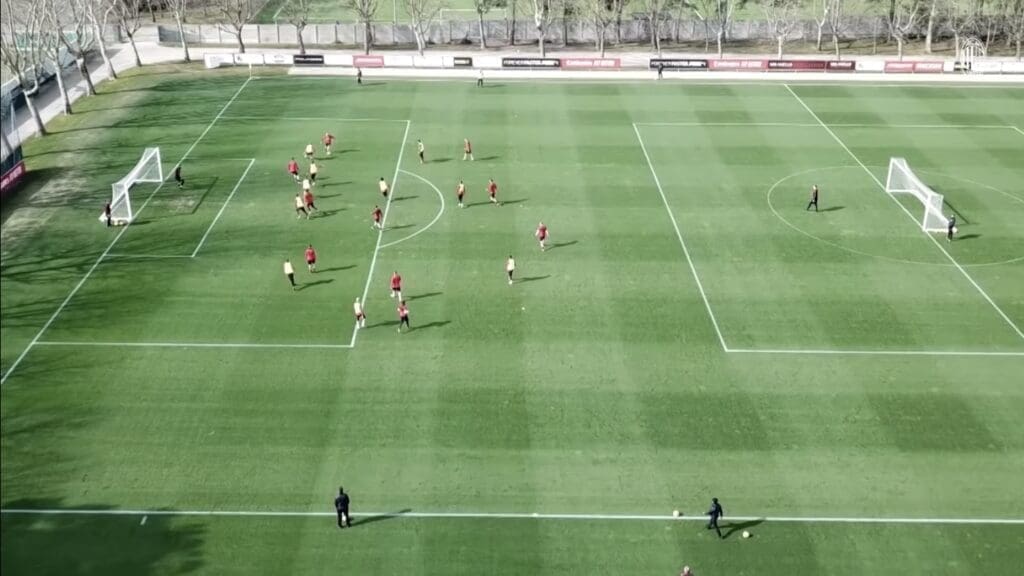
To simulate real match situations, Stefano Pioli believes in using 11 vs 11 training sessions instead of drills that do not provide the necessary challenges. He adjusts his tactics based on the opponents’ characteristics and focuses on adapting strategies and solutions within a tactical framework.
Player and Youth Analysis
The relationship between the first team and the youth sector is also a focus for Pioli. Regular contact with the Primavera team allows for discussions and meetings to understand the type of football they want to play. Pioli prefers defenders who are always attentive and leave no space for opponents. Video sessions are used to prepare for defensive situations from set pieces.


When it comes to individual player analysis and game preparation, Pioli emphasizes the importance of understanding the numerical advantages and disadvantages against the opponent. He believes in starting the attack from the opposite side of where the ball is recovered but acknowledges that it depends on the situation and the opponent’s defensive positioning.
Conclusion
Stefano Pioli’s coaching philosophy and tactical brilliance have propelled AC Milan to success. His emphasis on individual growth, proactive play, and disrupting opponents’ gameplans have created a strong team mentality.
Pioli’s ability to exploit numerical advantages and create dangerous situations on the field showcases his tactical acumen. With influences from prominent coaches and a focus on integration, player analysis, and game preparation, Pioli continues to lead AC Milan on a path to greatness.
In the next part of this article, we will discuss about Stefano Pioli’s system in more details.
MUST READ:
– Unai Emery’s Coaching Methodology and Philosophy
– Thomas Tuchel — Training Methodology
– The Art of Resilience: Sean Dyche’s Blueprint for Success
– The Roberto De Zerbi Revolution
– The Bielsa Way: Architect of High-Intensity Football


